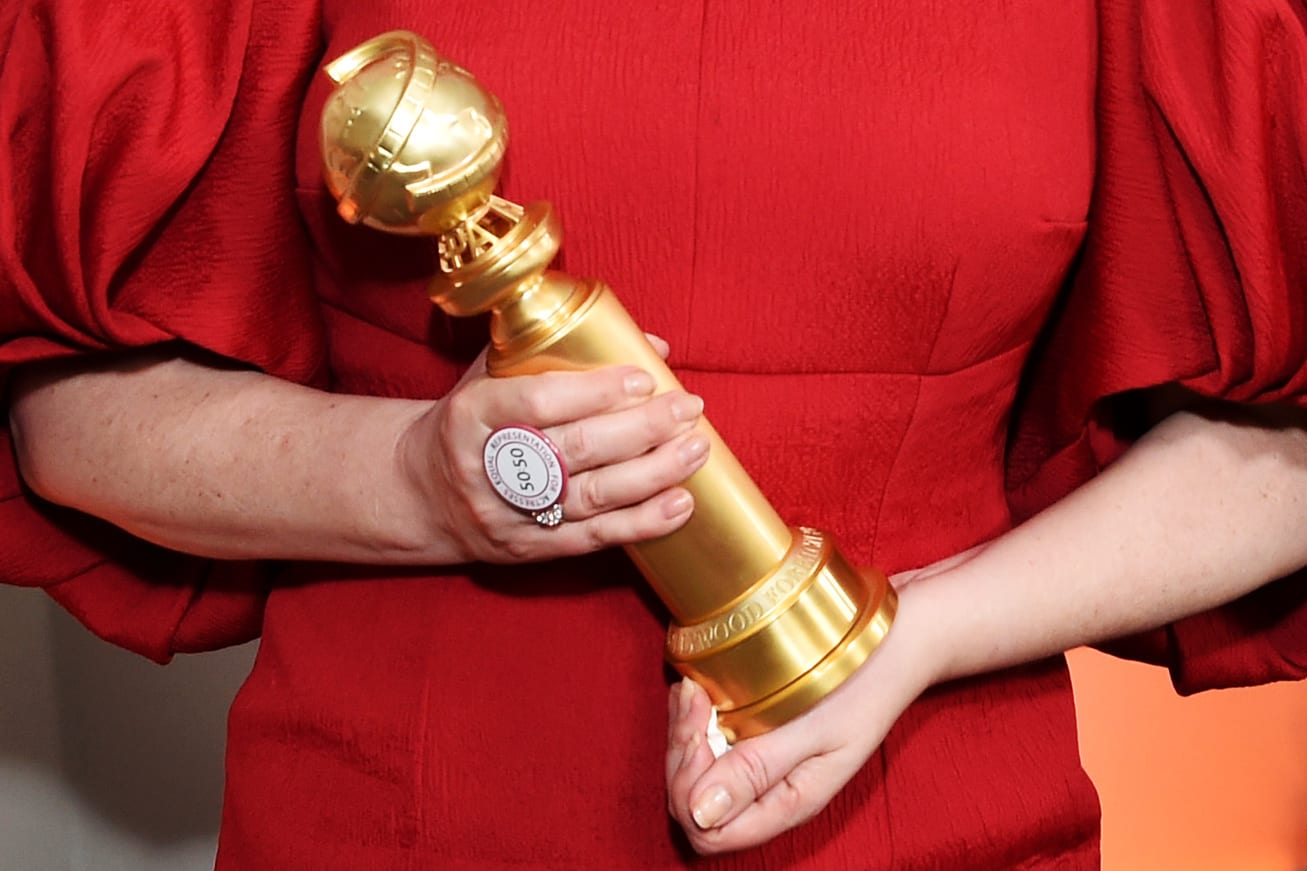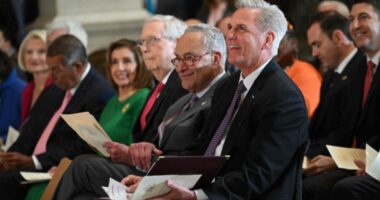If an awards show happens and nobody sees it, does it matter? That sounds like the beginning of a film industry joke, but this weekend it will become a very real question. On Sunday, the Hollywood Foreign Press Association (HFPA) will hold its annual Golden Globes celebration, normally a live television event that has kicked off awards season since the 1990s. But due to Covid and controversy, there will be no “show” in the traditional sense in 2022.
Will anyone besides the rarified clique of Globes voters care? As far as anyone can tell, nobody will.
There will be no red carpet, no celebrities and no virtual livestream. Instead, HFPA will announce some winners from a private event. And will anyone besides the rarified clique of Globes voters care? As far as anyone can tell, nobody will.
And if indeed no one cares, the Hollywood Foreign Press Association should take a long, hard look in the mirror. While #OscarsSoWhite and #TimesUp were affecting change in other parts of the industry, the nominations for the Golden Globes continued to favor white men. This culminated in a Los Angeles Times deep dive into the HPFA, which pointed out the voting coalition’s wild lack of diversity. (It had, to take one major example, no Black members.) Though that last fact was the headliner, the Times’ findings also uncovered evidence of members accepting what amounted to bribes and expensive swag in exchange for nominations and votes. The tone-deaf responses to these accusations did not help, with the recently-retired HFPA President Meher Tatna failing to even remember the name of the last Black voter in the group.
This growing drumbeat of scandal forced the HFPA to address critics directly during the 2021 ceremony, vowing to do better. But its members continued to undermine that messaging: an HFPA journalist mistook one Black actor for another; another member referred to Black Lives Matter as a “racist hate movement.” By May 2021, things reached a breaking point, with HFPA’s initial changes being derided as window dressing. Production studios began pulling out of the coming 2022 ceremony, declaring they would not submit titles for consideration and A-list celebrities returned their awards in protest. NBC finally pulled the plug, announcing last May that there would be no televised 2022 ceremony. (NBC News and the NBC broadcast networks are both units of NBCUniversal.)
One would think this would be a wakeup call. Why not take a year off, reflect and overhaul? But the HFPA put on a brave face and tried to shoulder on. Freebies were banned, new leadership was voted in, and a chief diversity officer position was created. Though network cameras weren’t rolling, HFPA held the standard press conference to announce its nominees in December. In the movies, if you build it, they will come (hopefully).
But this is not the movies, no one is coming.
One could argue the Globes (which is celebrating its 79th year) has never had a real TV home. The awards were first handed out in the mid-1940s, but the show was not televised until the 1960s, with the first national broadcast in 1965. For many years, the ceremony only aired in syndication or was relegated to basic cable’s TBS. It wasn’t until Dick Clark got involved in the mid-1990s that NBC secured long-term rights and began building the show up into an event equal to the Oscars, a status which has collapsed in record time.
The Golden Globes’ slide toward possible irrelevancy is not happening in a vacuum. Whispers about whether we need awards shows at all are becoming louder. Clearly, the pandemic has highlighted the superfluous nature of the events — an insider’s game where studios compete against each other for gold hardware, with little connection to (or interest from) the mainstream.
The whispers about whether we need awards shows at all are becoming louder.
As awareness of these behind-the-scenes games increased, audiences across the industry turned away. The slow attrition became an avalanche between 2020 and 2021, with a 53 percent drop for the Grammys, a 56 percent drop for the Oscars and a 63 percent drop for the Globes. Only the Emmys managed to increase its audience in 2021 after hitting rock bottom in 2020, but the extremely modest increase is nowhere near what numbers once were.
However, the lack of diversity is, in truth, a symptom of the larger problem: The art and artists these shows nominate and celebrate has little to do with what audiences actually watch. Some of the Globe’s more recent selections include titles mainstream viewers have barely heard of, like “Mozart in the Jungle” and “The Kominsky Method.” It’s no wonder the accusations of secret graft and inside baseball haven’t gone away.
From that perspective, the Golden Globes’ lack of a viewable ceremony is symbolically very fitting. The bigger question now is whether the other major awards shows can find a way to avoid a similar fate.
Source: | This article originally belongs to Nbcnews.com











